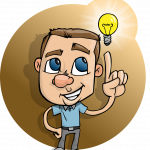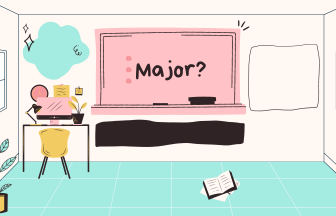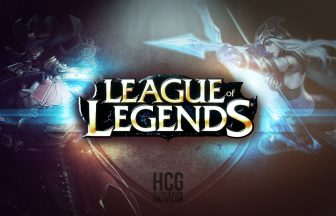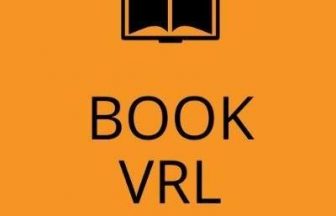
Assess what you do constantly not know. Metacognition, or the capacity to perceive what you do a lot not know, is a significant piece of learning. Ponder the subject or expertise you are attempting to find out about and ask yourself, “What do I think about this theme? What do I not know or completely see yet?” Whenever you’ve distinguished territories where you actually need to improve your insight or comprehension, you can concentrate on those areas.[17]
One great approach to assess your insight is to test yourself on the material. In the event that you are utilizing a reading material or taking a course that incorporates self-controlled tests or information checks, exploit them.
You could likewise take a stab at composing a short clarification of the subject. This activity will feature the information you as of now have, however may likewise assist you with distinguishing frail territories in your knowledge.Visual students retain data best from visual sources, like guides, charts, graphs, and pictures.
In case you’re a hear-able student, you may profit the most from tuning in to addresses or verbal clarifications. Working so anyone can hear about the thing you’re learning can likewise be useful.
Perusing and composing students do best when they read data and expound on the thing they are learning. Zero in on taking notes and finding out about the point you’re keen on.
Sensation students assimilate information most adequately when they effectively set up the thing they’re learning as a regular occurrence. For instance, you may become familiar with a language preferable by talking it over by finding out about it.For model, in the event that you score high in body development knowledge, you may find that you hold and comprehend data better in the event that you go for a stroll with a companion and converse with them about what you’re studying.
As indicated by the hypothesis of different insights, the 8 key zones of knowledge are Etymological, Sensible numerical, Spatial, Substantial Sensation, Melodic, Relational, Intrapersonal, and Naturalist.Ask inquiries regarding what you are realizing. To truly draw in with what you’re realizing, it’s imperative to accomplish something beyond assimilate and recollect data. As you’re learning, pause and ask yourself inquiries. Investigating these inquiries and searching for answers will help you acquire a more profound comprehension of the material.
For instance, in case you’re finding out about an authentic occasion, you may pose inquiries like “For what reason did this occur? How would we realize what occurred—what sorts of sources do we have? How should things be distinctive today if this occasion hadn’t occurred?”
In case you’re considering a control that is unfamiliar to you (like science or law), have a go at composing a rundown of 25 key inquiries that your order looks to reply. This can fill in as a decent establishment for your investigation of the topic.Look for associations between ideas. At the point when you’re finding out about a theme, do whatever it takes not to see it as a progression of detached snippets of data. All things considered, search for ways that thoughts and data identify with one another and to your own insight and encounters. This will help you put the things you learn in context.
For instance, possibly you’re concentrating how actual anthropologists utilize skeletal material to see how individuals lived in an old society. Consider what your own exercises may mean for what a future anthropologist or paleologist would check whether they found you—e.g., would they see mileage on your elbow joints due to your tennis interest?
 Login as
Login as







